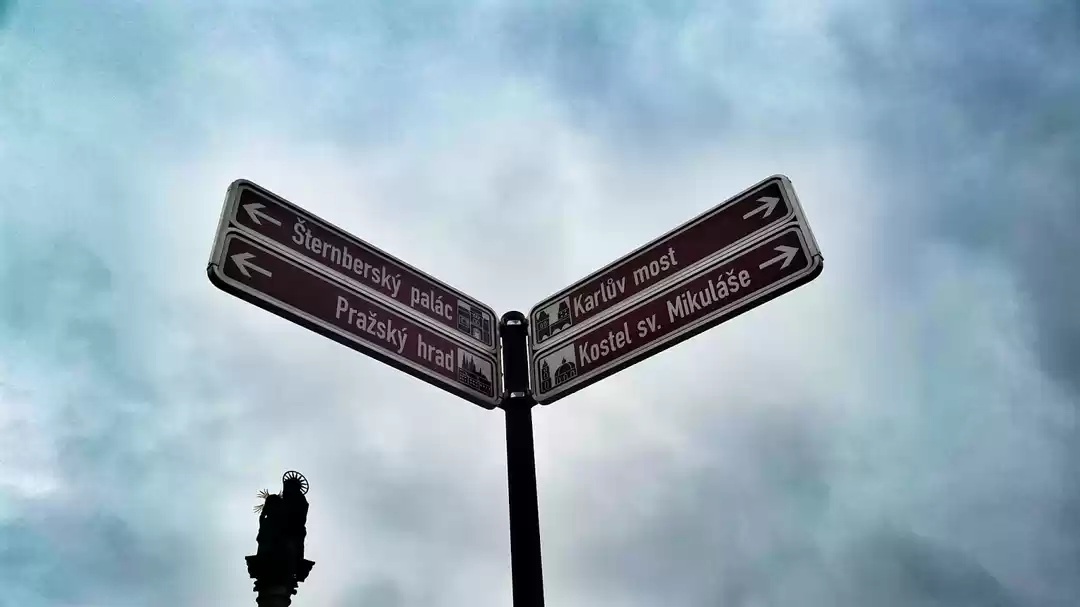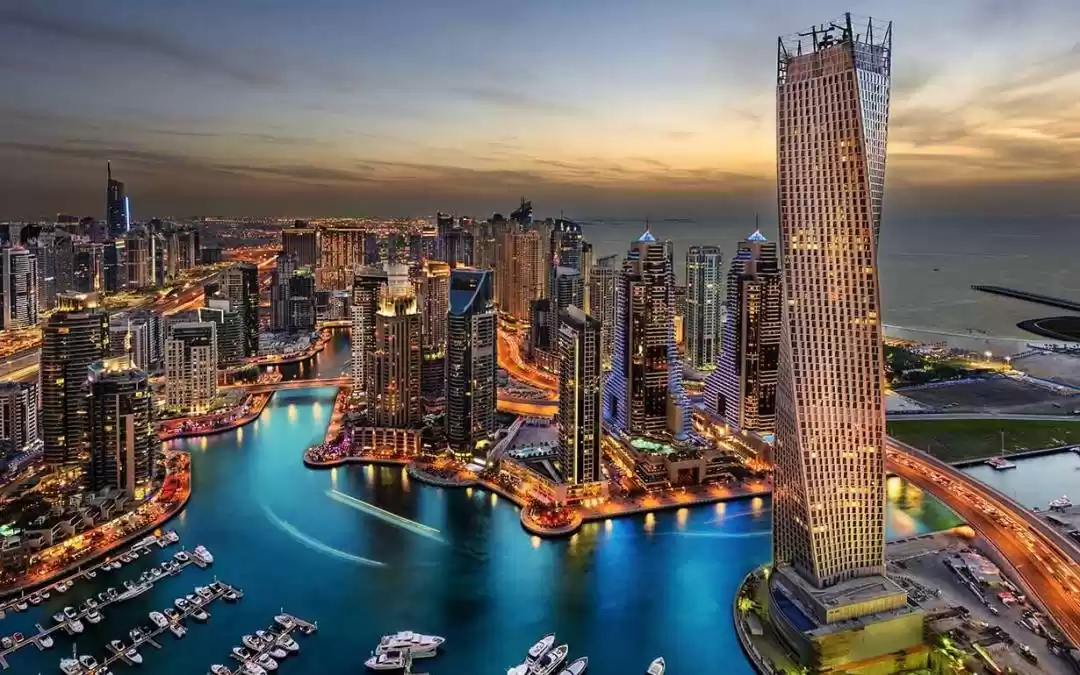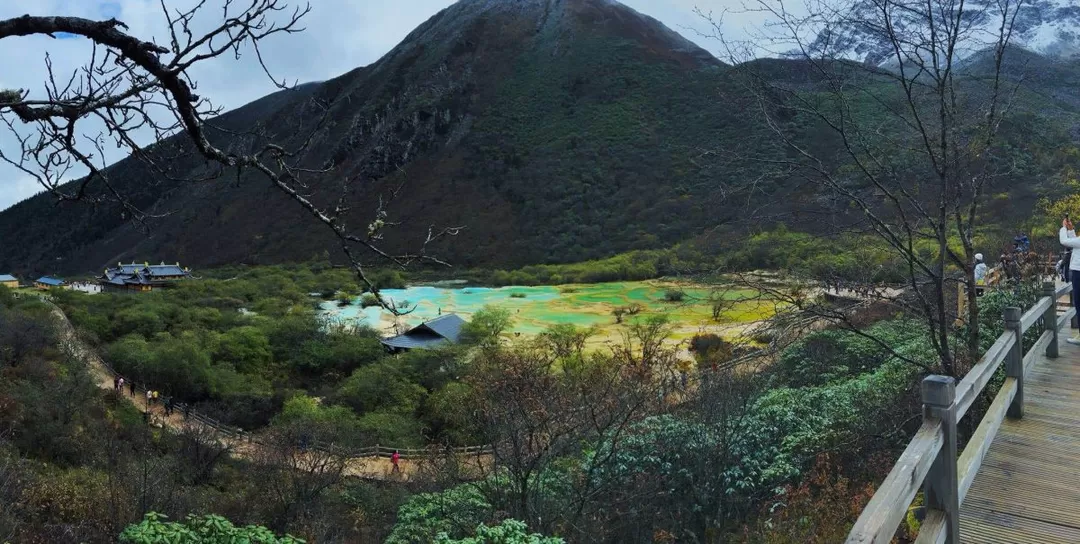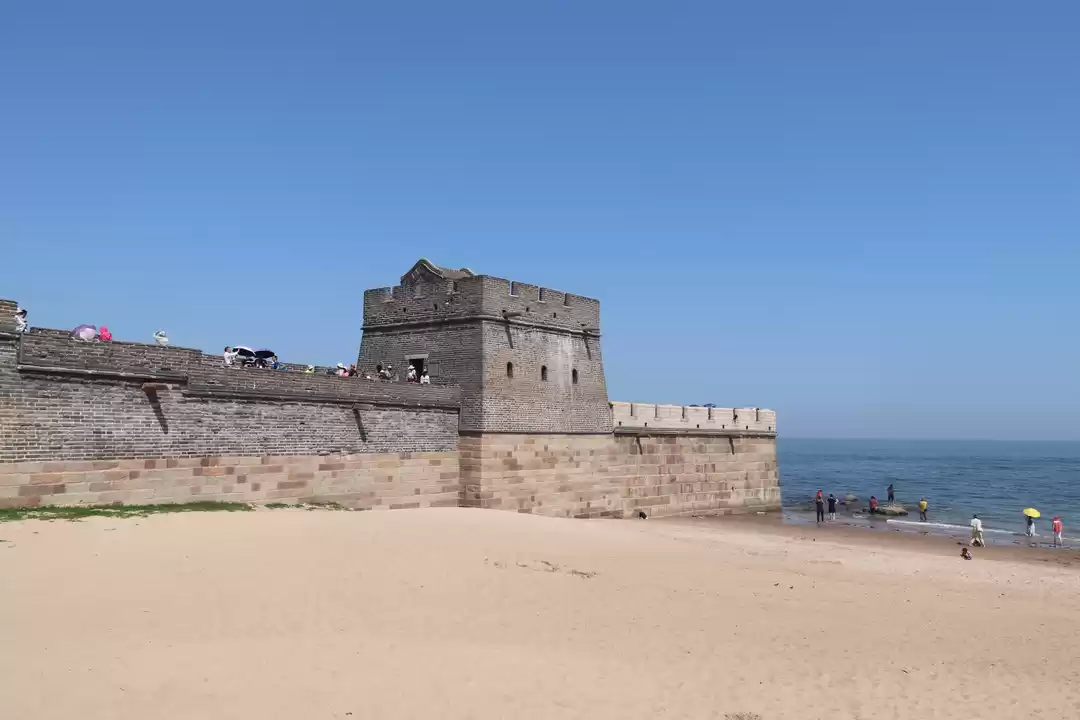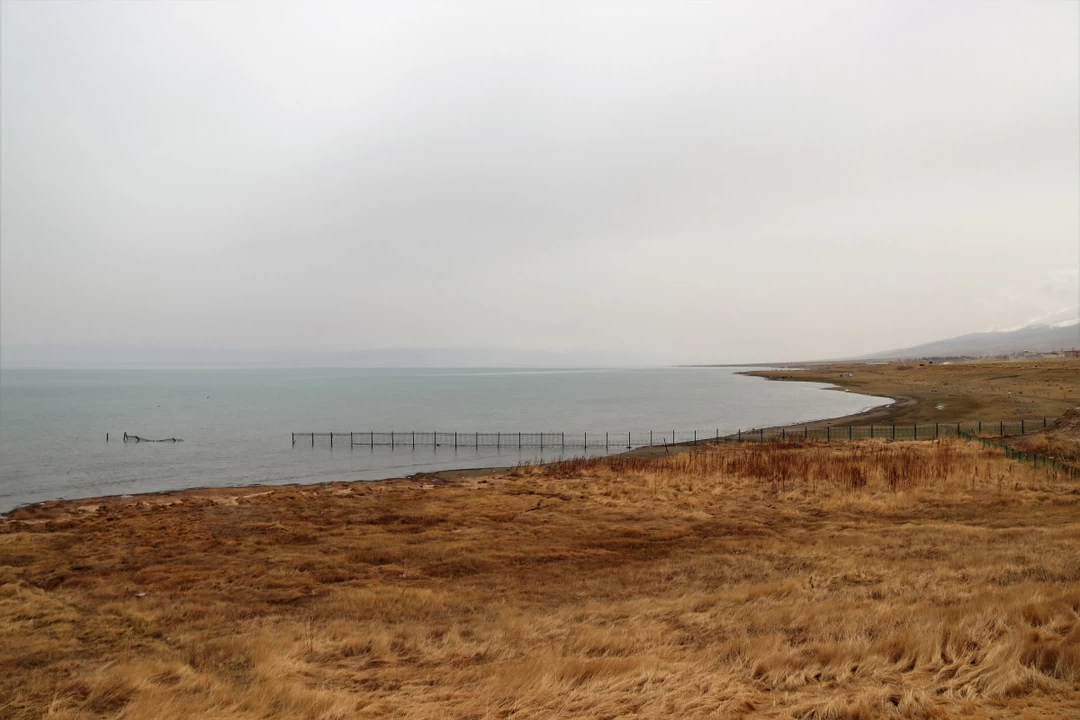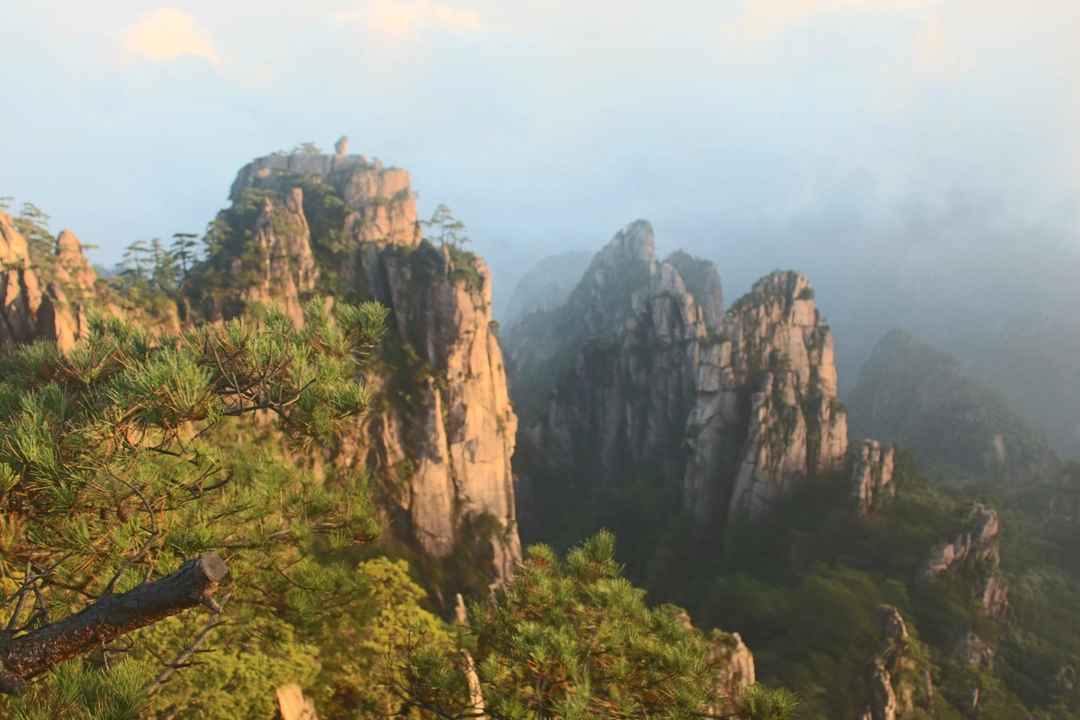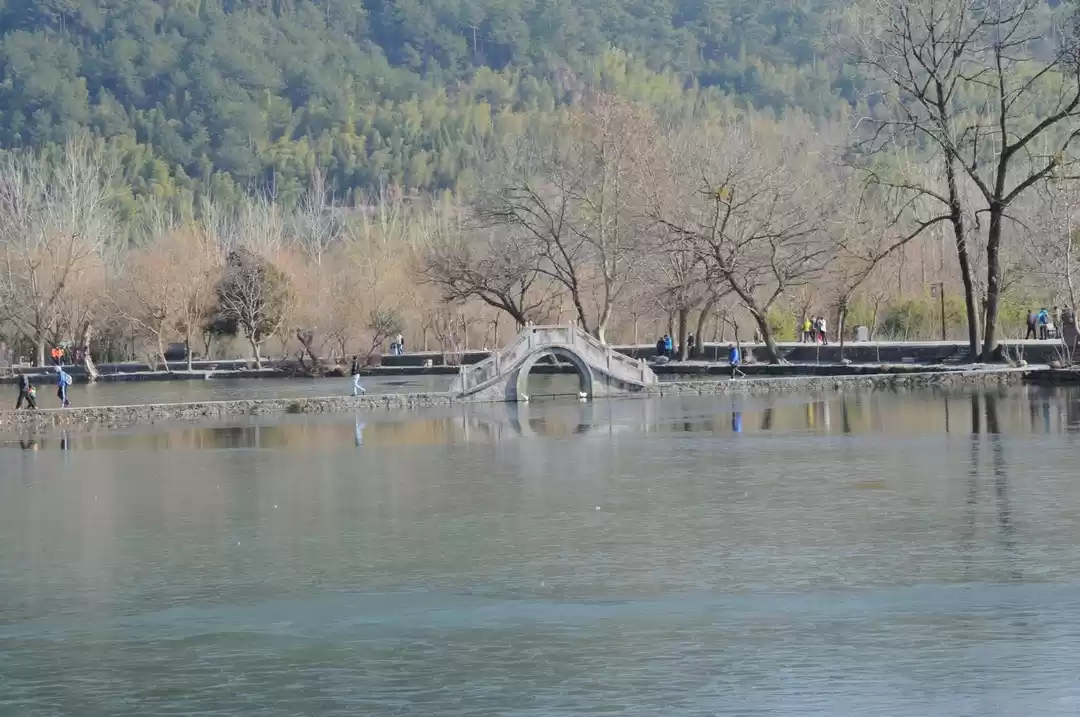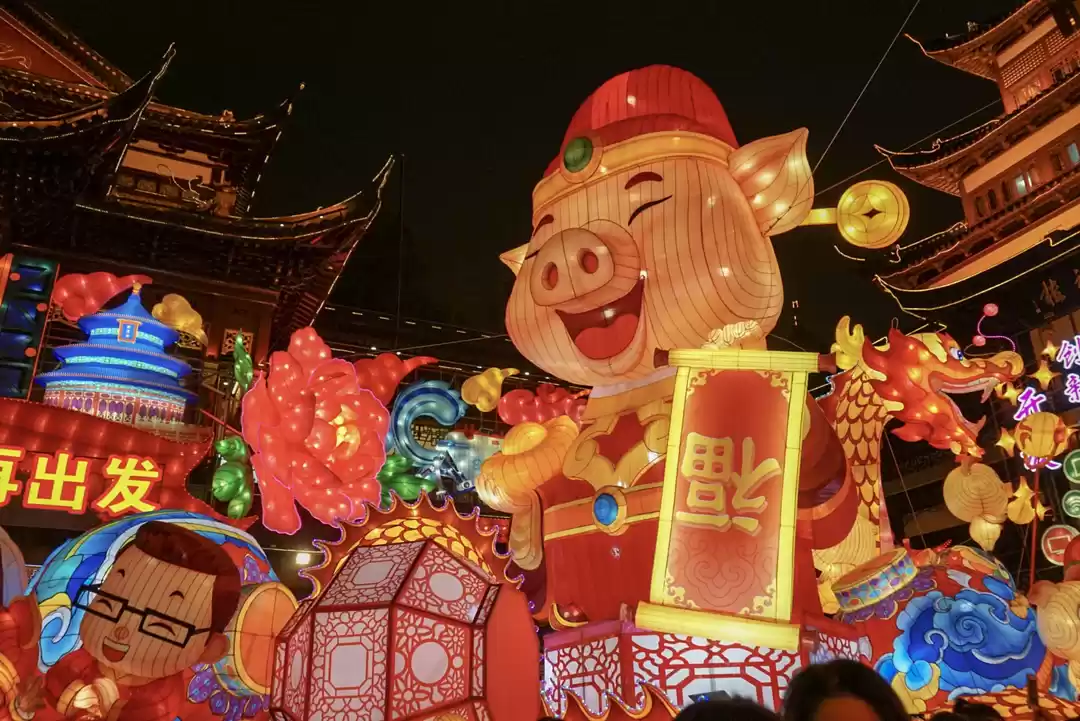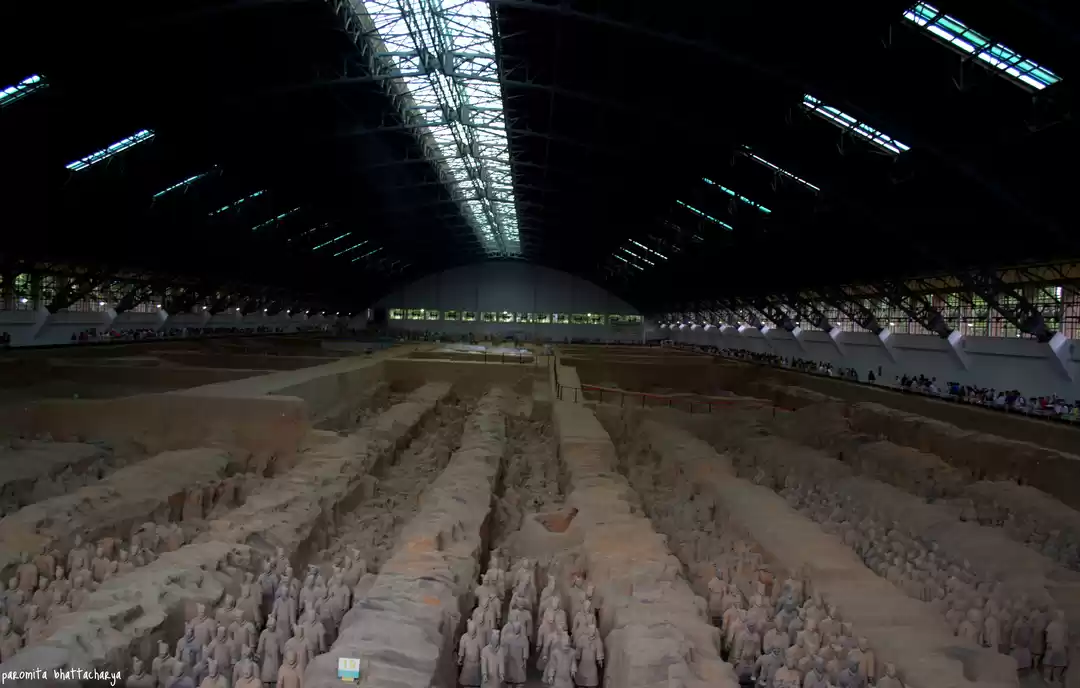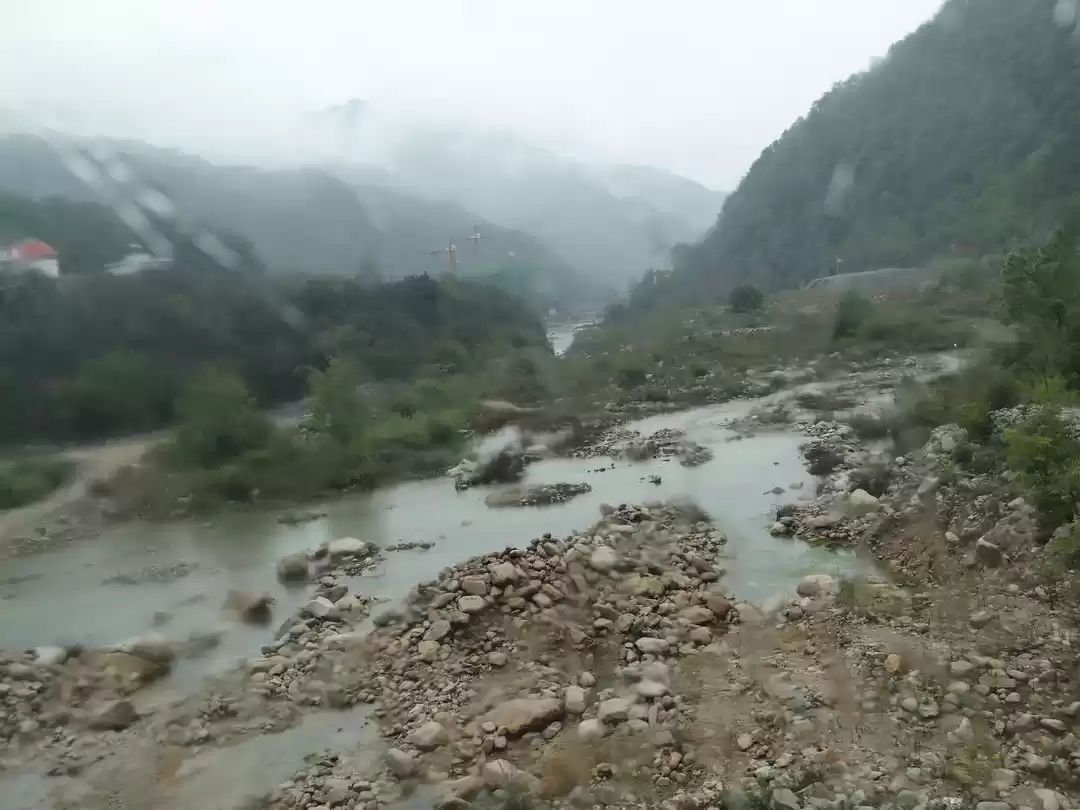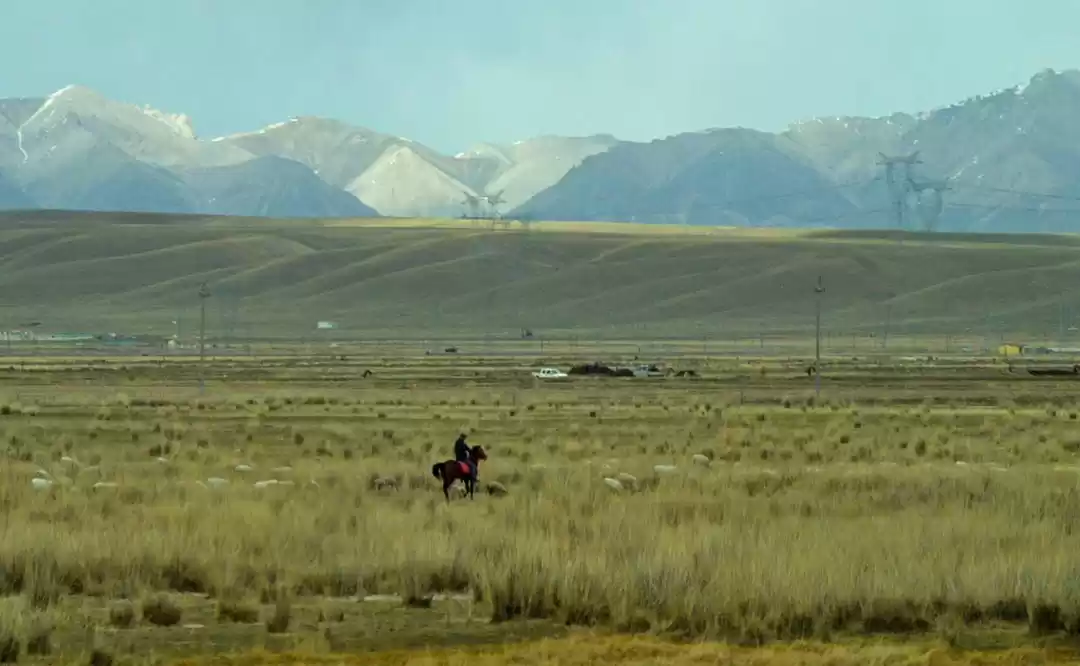鲤鱼跳龙门
(lǐ yú tiào lóng mén)
The fish has leaped through the dragon's gate
There is a waterfall called Dragon Gate on Huang He river with a mythical tale. The legend has it – if a Carp fish jumps over the waterfall to cross its mouth, it gets transformed into a dragon.
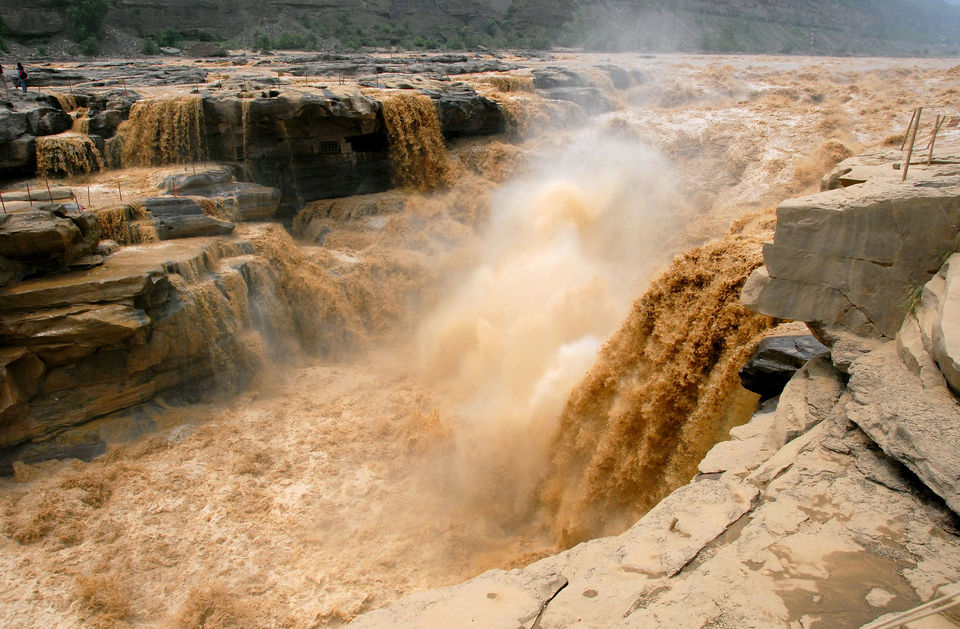
The carp fish represents the determination of a Chinese guy; and the transformation into a dragon, the process of self-actualisation.
Huang He or the Yellow river has many more tales that associates it with the dragon, including the course of the river, which itself is identical to a dragon.
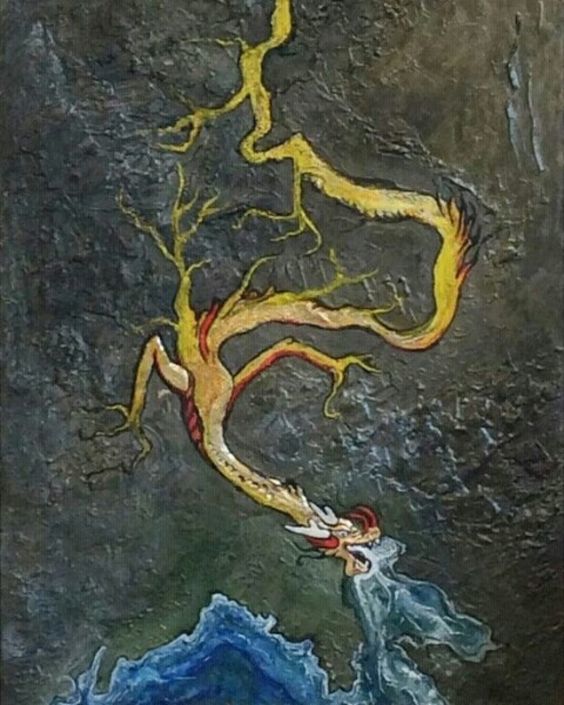
So, what is this river that resembles a dragon, and why is it significant?
Huang He, the second largest river in China flows for over a distance of 5500 kms, and is the cradle of the Chinese civilisation. It originates in the Bayan Har mountains in western China and flows into the Bohai sea. Huang He is known as the Yellow river because of the muddy yellowish-brown tinge of the water that carries silt through its course. As much it is the mother river for the people who are nourished by its water, it is also a destructor because of treacherous shift in its course causing flash floods.
In the year 1931, about 3 million people died in a flash flood caused by the river, making it the most disastrous flood in the history of mankind. The calamity earned this river the name – The sorrow of China. Despite its unpredictability, people settle down on the fertile plains of Huang He for the agricultural benefits it bestows upon them.
There are evidences dating back to 6000 BC which tell about the civilisations that grew on the bank of the Yellow river. Today the valley feeds the huge Chinese population, and is one of the largest producers of export-quality fruits, vegetables and spices.

Other tales from culture and mythology:
The river is personified as Hebo. Hebo, the god of Yellow river is whimsical in nature and hence, needs to be appeased. Sacrificial worship, thus, has long been in practice in the region. The god apart from wealth was offered brides until 800 BC, who were drowned in the river to be accepted by Hebo.
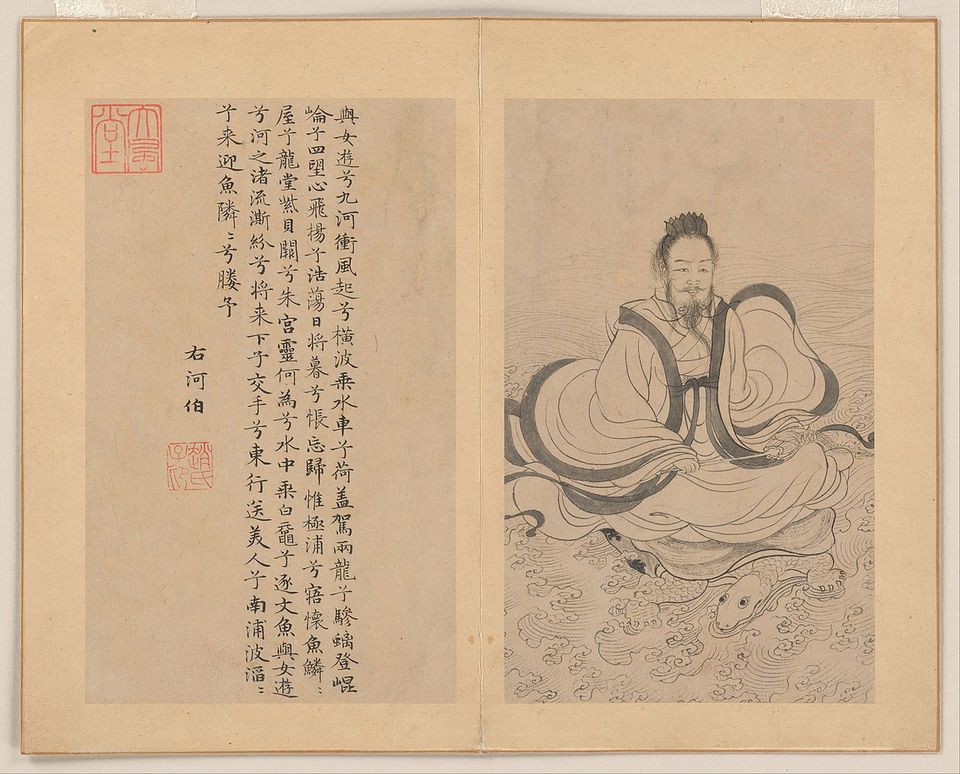
In another tale, four dragons who lived in the ocean once found out that there had been no rains on the land for long. The people were starving, and the dragons wanted to help them. They approached the god almighty, but he ignored these dragon kids’ plea. Eventually, the dragons took the matter in hand, and sprinkled the ocean water on land. The humans revived, but the gods were unhappy. They prisoned the dragons behind four mountains. Despite being imprisoned, the noble dragons took the shape of rivers and flowed out of the mountains holding them. The four rivers – Heilongjian, Huanghe, Yangtze and Zhujiang are these benevolent dragons who provide water to the people for their survival.
Where can you see the Yellow river?
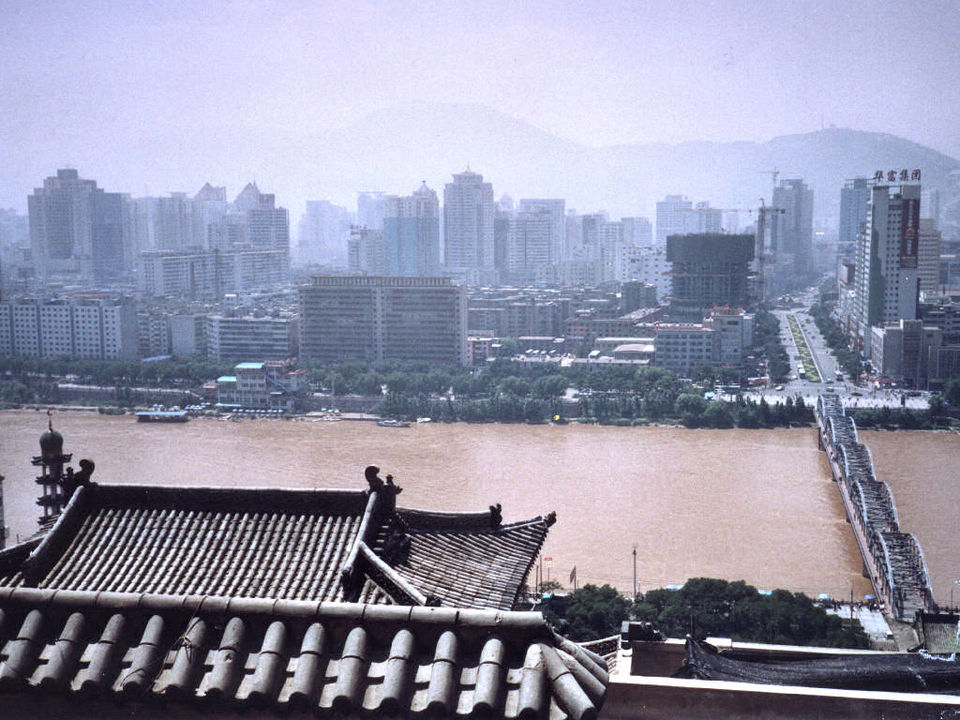
If you happen to visit China, Zhengzhou is where you can witness the Yellow river in all its might. The city is a huge metropolis with an international airport. Other places to enjoy this enormous river are Jinan, Hohhot Lanzhou and Yin Chuan.




